I first heard the slogan “Everything is political” from a left-wing reporter for Wyoming’s statewide newspaper in the mid-1980s, at least a decade before I became acquainted with the work of the revolutionary Italian theorist Antonio Gramsci, deviser of the strategy known as the “long march through the institutions” of the West. While the right clearly has no choice but to fight fire with fire in the struggle against its ideological and political adversaries, the fact remains that the left has substantially won the battle by having helped to transform a slogan into present reality.
The idea of everything as politics, and politics as everything, is ideology in its purest form. In the West, the Anglosphere especially, politics has become nearly everything – arguably more all-encompassing than sports. Nearly the whole of western culture today is conducted with ultimate reference to politics: social and sexual relations, education, the arts, the sciences, business, entertainment – everything.
The Republicans’ victories in last year’s elections and the return of Donald Trump to the White House guaranteed that the ideological society will be the future for so long as anyone can foresee: a prospect which appeals exclusively to the minority of people popularly known as political junkies. For the rest of us – those who regard politics as a basically low-though-necessary business that in a truly civilized society would be ranked more or less on a level with the humdrum mechanics of life – it is a vision of hell on Earth.
Americans in Alexis de Tocqueville’s day were intrigued by politics and spent much of their free time discussing and debating it in an era when only urban communities received news from beyond their locality promptly and regularly, and news from abroad at monthly or even greater intervals. The vote, expanded from a system based on property qualifications to universal suffrage, encouraged citizens to consider staying abreast of the public business as a patriotic duty and a means to promote their personal, social and economic interests.
But since the early decades of the 20th century, universal education; a growing fascination with new political and social ideas and theories from Europe (most of them incompatible with the British political tradition inherited from the mother country); the development of mass and eventually almost instant communications; the displacement of Christianity by secular and civic religion and the worship of “the future” perverted a popular fascination into what ultimately became a clinical obsession.
The process was further promoted by the fragmentation, balkanization and disorientation of American society by federal immigration policy in the 20th and 21st centuries, resulting in a multicultural nation – an obvious contradiction in terms – in which each of the various ethnic, racial and cultural elements (save perhaps the original one) understands politics as a way to settle old scores, achieve political and social domination and take revenge on its past “oppressors.”
The world is, always was and always will be largely ungovernable and chaotic in one way or anothe
In America today, peace and stability at every level of society are a near impossibility, as are sustained mental concentration and emotional tranquility. “Everything is political” – and so every element of what was formerly a widely accepted world has become something to challenge; every position a hill to die on; every statement one to dispute; every certainty a belief to question and undermine through governmental effort; the traditional and the social media where none of the participants ever takes a break or a breath and none ever sleeps; the NGOs; and so on… and on.
“The world is too much with us,” wrote William Wordsworth in 1802. At least his world, at the start of the Industrial Revolution, was still the real one, unlike our own, which is being remade as a virtual world of artificial images; of ideological constructs instead of philosophical ideas and fictional “narratives” substituted for historical accounts; of illusory issues for matters of genuine public import and significance.
Tocqueville could not have imagined ordinary men and women eager to follow, minute by minute, if and when the US Secretary of Defense is to be fired, what the tariff rate on Britain or China will be tomorrow, whether the sales of an experimental car are rising or falling this week, or what Donald Trump’s last word on the future of Canada is. As Raymond Chandler said in another context, too many good men have been dead for too long for any of this to matter. Let the so-called experts worry about such issues. They are always full of brilliant ideas and solutions, of course, most of which when implemented prove to have been the wrong ones – not that they care much afterward when the public has forgotten about them anyway, often by the start of the next news cycle.
The world is, always was and always will be largely ungovernable and chaotic, if not in one way, then in another. As the leftists say, “Get used to it!” and “Find a life!”
Meantime, springtime has come to Wyoming and I’ll be on my way shortly into the wilderness again – the real world, as I see and care about it – when the spring runoff is complete, mud season is over, the elk have returned to the high country and I’m drinking whiskey over a campfire again.
This article was originally published in The Spectator’s July 2025 World edition.



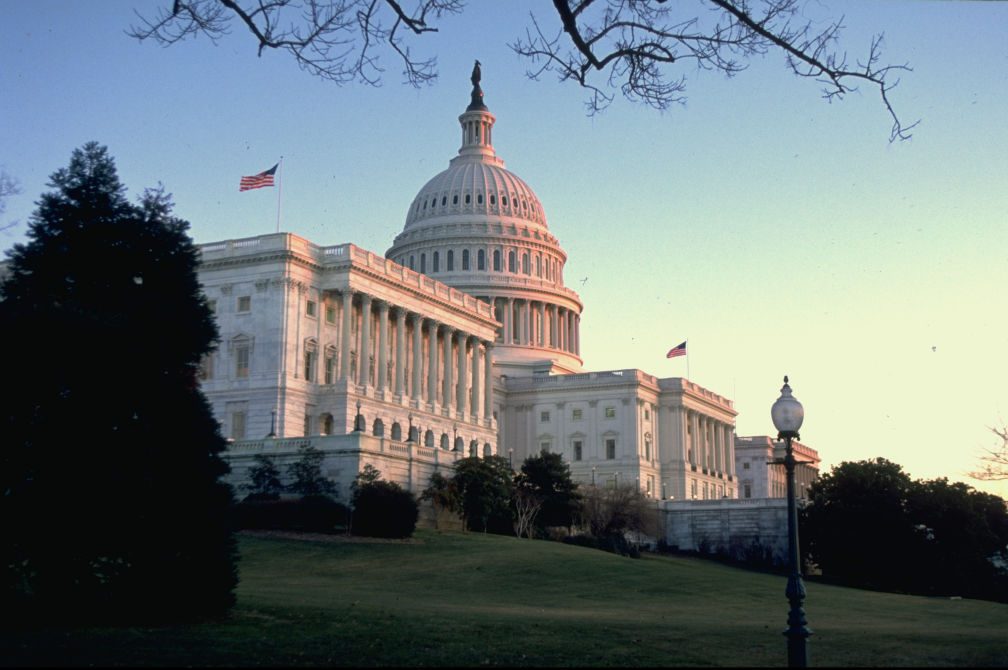









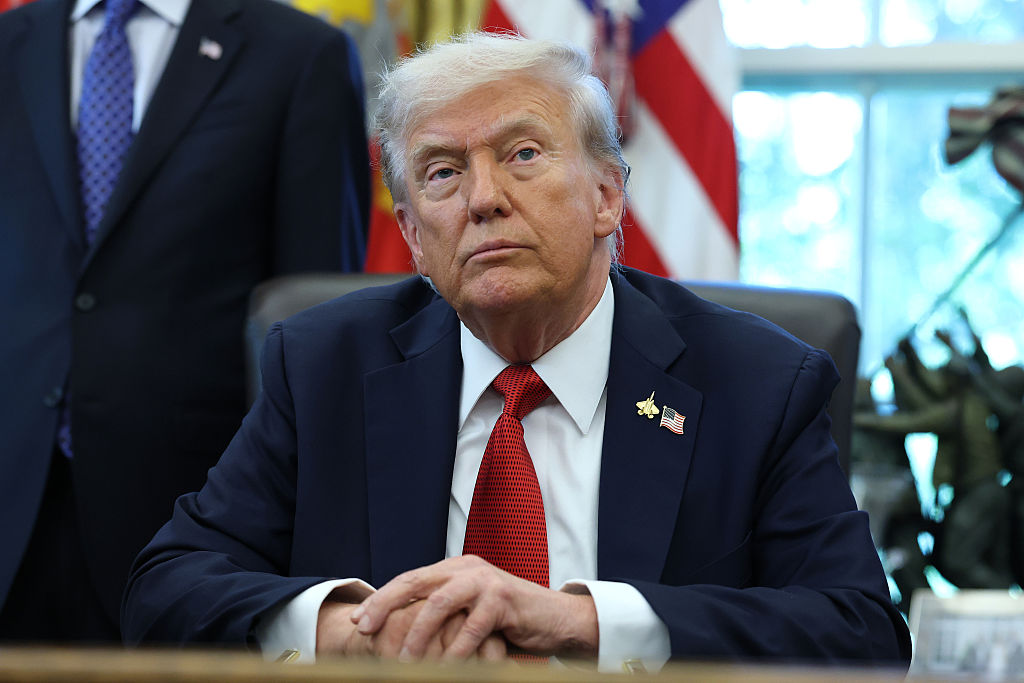
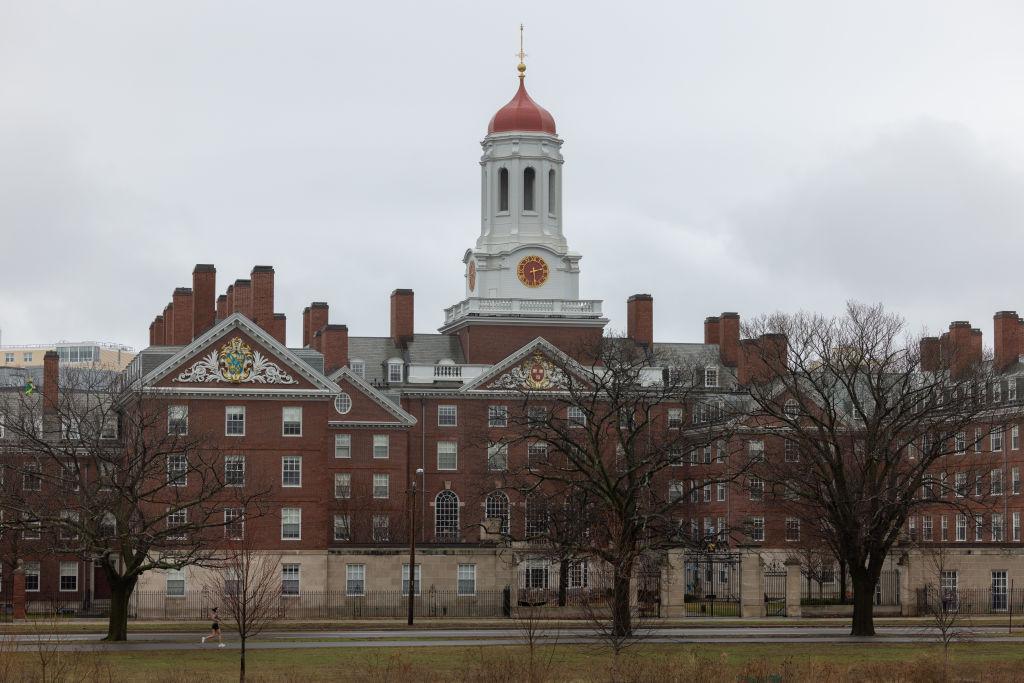
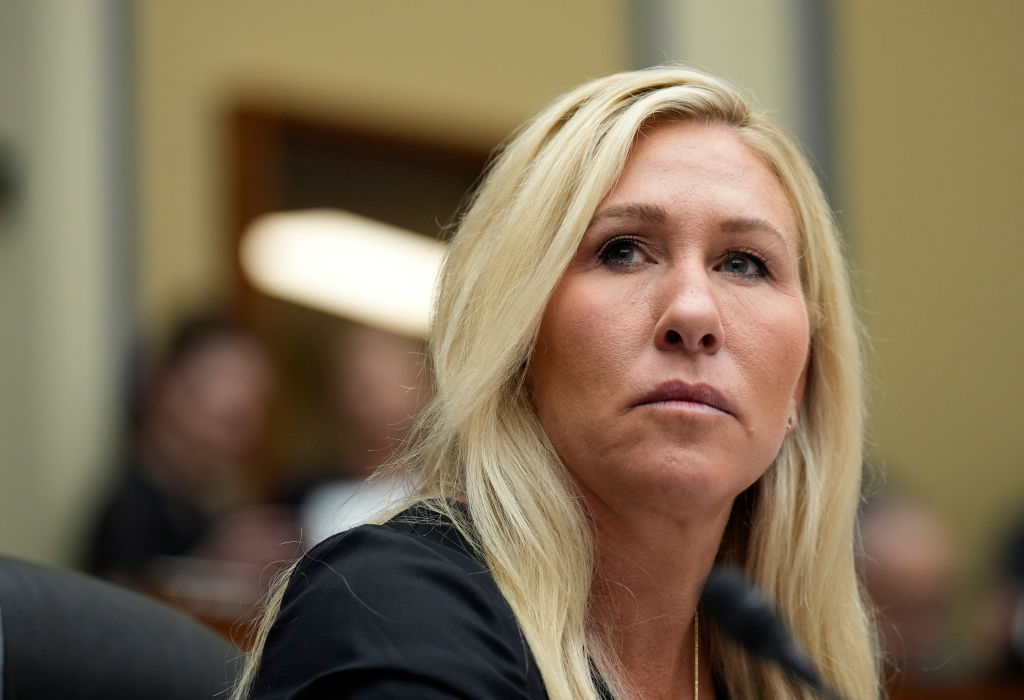
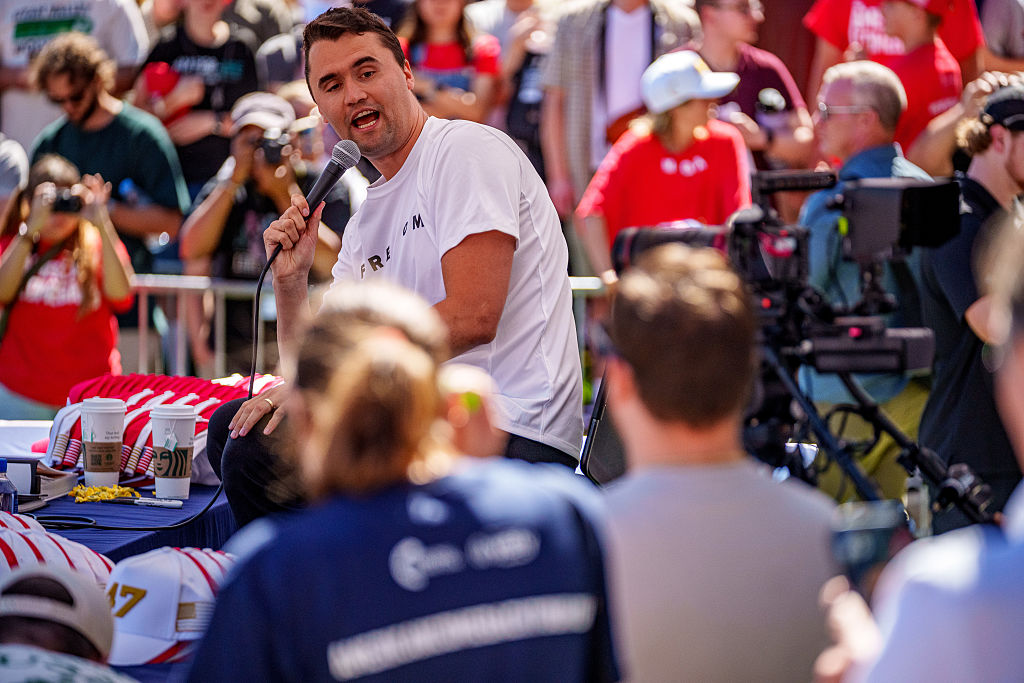

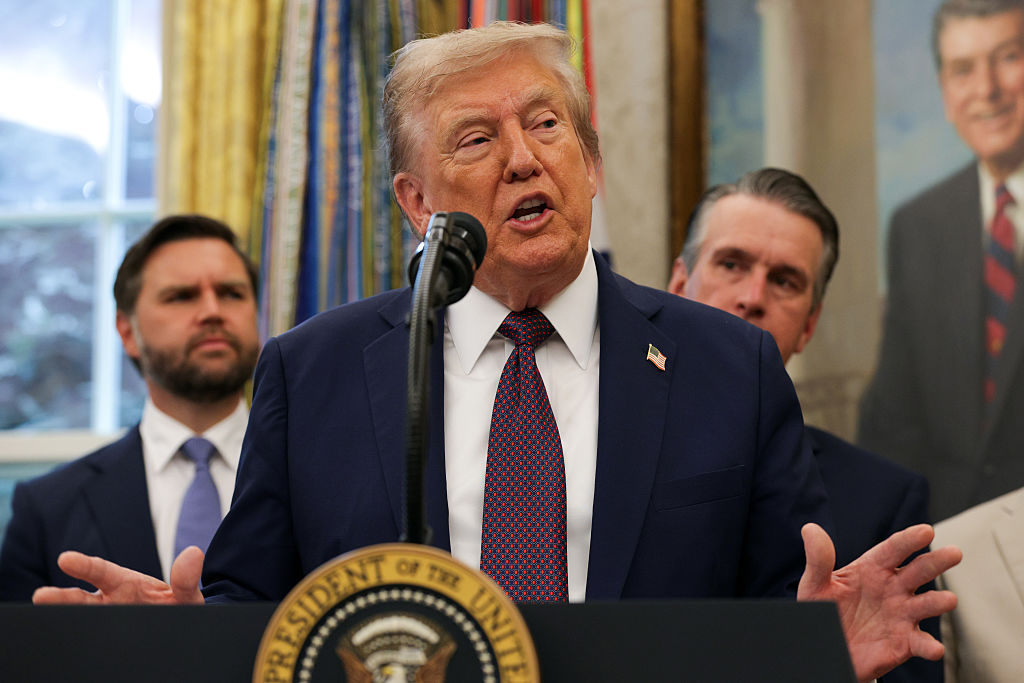







Leave a Reply